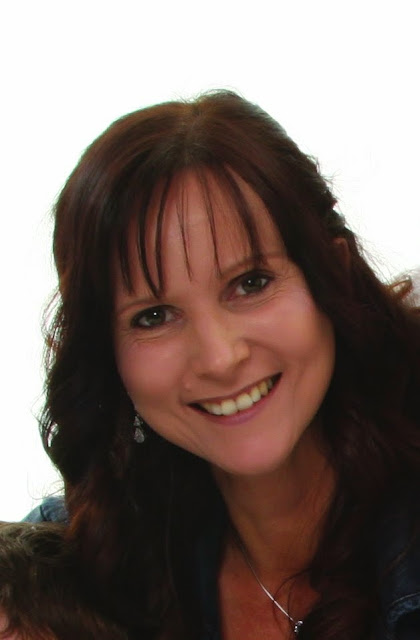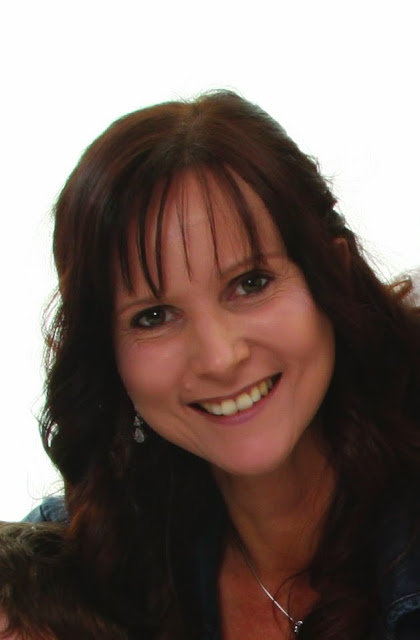 |
South African-born new Chief Rabbi of the UK, Rabbi Ephraim Mervis, recently announced that he would attend the next Limmud Conference in that country, breaking tradition with his predecessor and many Orthodox rabbis in the UK and around the world, including South Africa. In response to his announcement, seven Orthodox rabbis published a letter condemning this move. This in turn led to British community leaders and Rabbi Dr. Nathan Lopes Cardoza reproaching the seven rabbis.
This debate is extremely relevant to Jewish communities around the world, and I would like to use the opportunity presented by the London Limmud incident to draw attention to the way that our community uses words. The statement ssued by the group of rabbis opposing the Chief Rabbi’s Limmud attendance included the following sentence: “Participating in their conferences, events and educational endeavours blurs the distinction between authentic Judaism and pseudo-Judaism and would bring about tragic consequences for Anglo-Jewry.” In an article written by Dr Chaya Herman on the South African Jewish community (2006), she writes that “the perceived unity of the community has been aintained by advancing exclusion and seclusion” and that “the Jewish community’s highest value has been its unity and conformity, which resulted in intolerant behaviour towards those with different or liberal ideas.” This recent incident in he UK is an example of this. In my opinion, it would have been more accurate for the statement quoted above to say, “blurs the distinction between Orthodox and non-Orthodox Judaism”. The term ‘pseudo-Judaism’ is puzzling. Does this signal a move from current nomenclature; Orthodox Jew to Authentic Jew and Non-Orthodox to Pseudo-Jew? If a person does not subscribe to the interpretation of a particular stream of Judaism, are they a Pseudo-Jew? And, is this new ppellation worse than the current approach,which is to label someone in this position as a non-Jew?
Is being a Pseudo-Jew the same as being half-pregnant? If you are a ‘false’ (pseudo) Jew, then it must follow that you are not a Jew. And, in addition, since you are feigning your Jewishness, deception is also encapsulated by this escription. So who owns ‘brand Jewish’ and which stream of Judaism can lay sole claim to authentic Judaism, and who can say with authority who is Jewish and who is not? The Orthodox definition of a Jew is one who is born from a ewish mother (as defined in the Shulchan Aruch) or one who has converted to Judaism according to the guidelines set out in the Shulchan Aruch. So with respect to the Orthodox definition, it is not belief or agreement that defines Jewishness but rather legality. The Progressive definition of Jewishness is different, and if this discussion is extended into the subsets of these broad streams then even more views about what defines Judaism would be apparent eg. galitarian Orthodoxy, Conservative Judaism, Reconstructionist Judaism etc. In the case of a Progressive Jew, for example, it would be entirely correct to say that person is not an Orthodox Jew. It would not, however, be correct to say that they are not Jewish.
A dynamic tradition Attempts at ownership of our ‘brand’ by virtue of being close to the source of ‘original’ Judaism is problematic, as the vast span of time lays waste to a contention of this kind. All streams of Judaism have proved to be ynamic, adaptable movements that have changed over time; Rav Eitan Bendavid wrote an article in the Cape Jewish Chronicle (Nov 2011) in which he reminds us, with reference to Orthodoxy, that “Judaism has always been a ynamic tradition that responds to and addresses the changing realities of the world. It is anything but static.” Antisemitism has never made the discriminations between Jewish streams; in Nazi Europe it did not matter if you were Orthodox, Reform or converted. The mention of ‘pluralism’ in the UK Limmud incident is also worth noting. In the letter from the group of rabbis, one of the reasons for dissuading participation in Limmud UK, includes the assertion that it “espouses the ethos of pluralism… The upshot of this is no one is deemed to be wrong.” I think that the word ‘pluralism’ in our South African context is sometimes used as a ‘euphemism’ for non-Orthodox Judaism. So instead of using he word Progressive, Reform or Egalitarian, for example, the word ‘pluralism’ is inserted and perhaps taken to mean non-Orthodox or even pseudo-Judaism?
Pluralism and non-Orthodox streams of Judaism are not the same thing. Progressive Judaism, for example, does not espouse ‘anything goes’. It is incorrect to say that it does and this kind of rhetoric results from a lack of knowledge. his, of course, is pertinent to the debate about Limmud attendance.
In fact, pluralism, defined as accommodating a whole range of opinions or choices, is empirically evident in all streams. Both Orthodox and non-Orthodox Jews make choices about the extent of their observance, Kashrut adherence or the degree of Shomrei Shabbat, for example. In addition to thinking about labels, let’s also be open to learning without fear. We should be certain of our beliefs without the need for protection. Our views can only be made stronger by holding them up for debate or placing them next to other perspectives to test their veracity. My experience of Limmud SA is that diversity is respected. and that’s not the same as saying ‘anything goes’. Rather, it’s saying that we have the ability to think for ourselves and measure our experiences against religious or cultural teachings. It is not part of our culture to avoid debate or to stay away from ideological positions with which we disagree. Since when do Jews need to have their intellectual environment sanitised and since when do we need to be protected from ideas different from our own?
If we use our words correctly to define who is Jewish, we can seek to unite rather than divide our community, and by attending Limmud we can learn about what makes all of us authentically Jewish. Beverley May is a newly-elected member of the Cape SA Jewish Board of Deputies











